COURSE OVERVIEW
DE0946 : Applied Water Technology in Oil and Gas Production
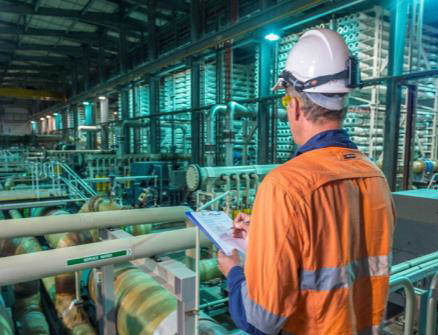
OVERVIEW
| COURSE TITLE | : | DE0946 : Applied Water Technology in Oil and Gas Production |
| COURSE DATE | : | Dec 23 - Dec 27 2024 |
| DURATION | : | 5 Days |
| INSTRUCTOR | : | Mr. Samer Shukri |
| VENUE | : | Abu Dhabi, UAE |
| COURSE FEE | : | $ 8000 |
| Request For Course Outline | ||
OTHER SCHEDULED DATES
Course Description
Multiple types and sources of water streams are encountered in oil and gas operations. The two primary ones are produced and surface water. Produced water is salty water that is produced as a byproduct along with oil or gas during the treatment. Water is brought along with the oil and gas when these are lifted from the surface. The water is then treated before the discharge or re-injection process. Surface water encompasses fresh (river or lake) and saline (seawater) sources.
Water sources are treated for disposal, injection as a liquid, or injection as steam with three types of facilities. Produced water is treated in offshore operations for overboard disposal or injection into a disposal well, but when onshore, it is treated for surface disposal, liquid injection, or steam injection. In all instances, the produced water must be cleaned of dispersed and dissolved oil and solids to level suitable for environmental, reservoir, or steam-generation purposes. Surface water is treated offshore for liquid injection and onshore for liquid-or steam-injection purposes. In all instances, the surface water must be cleaned of dispersed and dissolved solids to a level suitable for reservoir or steam-generation purposes.
This course is designed to provide an overview of the main water handling systems typically encountered in upstream (E&P) production operations, both onshore and offshore. The chemistry of the main water-related problems of mineral scales, corrosion, bacteria and oily water will be reviewed both from the theoretical and practical aspects. Produced water treatment equipment and typical water quality specifications will also be reviewed, as well as water injection and disposal systems.
The course will cover the basics of oilfield water chemistry and how to monitor and control corrosion, scale, and bacterial growth in produced water and water injection/disposal systems. It will discuss how to implement system surveillance programs to detect potential problems before system damage occurs. Participants will learn about the produced (oily) water treatment options and related treatment equipment and how to use the knowledge gained to identify typical system problems and be able to propose solutions.
An exercise will be given to identify typical system problems and to apply the knowledge you gained to propose solutions. Emphasis will be placed on understanding and resolving operational problems in process equipment.
link to course overview PDF
Water sources are treated for disposal, injection as a liquid, or injection as steam with three types of facilities. Produced water is treated in offshore operations for overboard disposal or injection into a disposal well, but when onshore, it is treated for surface disposal, liquid injection, or steam injection. In all instances, the produced water must be cleaned of dispersed and dissolved oil and solids to level suitable for environmental, reservoir, or steam-generation purposes. Surface water is treated offshore for liquid injection and onshore for liquid-or steam-injection purposes. In all instances, the surface water must be cleaned of dispersed and dissolved solids to a level suitable for reservoir or steam-generation purposes.
This course is designed to provide an overview of the main water handling systems typically encountered in upstream (E&P) production operations, both onshore and offshore. The chemistry of the main water-related problems of mineral scales, corrosion, bacteria and oily water will be reviewed both from the theoretical and practical aspects. Produced water treatment equipment and typical water quality specifications will also be reviewed, as well as water injection and disposal systems.
The course will cover the basics of oilfield water chemistry and how to monitor and control corrosion, scale, and bacterial growth in produced water and water injection/disposal systems. It will discuss how to implement system surveillance programs to detect potential problems before system damage occurs. Participants will learn about the produced (oily) water treatment options and related treatment equipment and how to use the knowledge gained to identify typical system problems and be able to propose solutions.
An exercise will be given to identify typical system problems and to apply the knowledge you gained to propose solutions. Emphasis will be placed on understanding and resolving operational problems in process equipment.
TRAINING METHODOLOGY
This interactive training course includes the following training methodologies:
LecturesWorkshops & Work Presentations
Case Studies & Practical Exercises
Videos, Software & Simulators
In an unlikely event, the course instructor may modify the above training methodology for technical reasons.
VIRTUAL TRAINING (IF APPLICABLE)
If this course is delivered online as a Virtual Training, the following limitations will be applicable:
| Certificates | : | Only soft copy certificates will be issued |
| Training Materials | : | Only soft copy materials will be issued |
| Training Methodology | : | 80% theory, 20% practical |
| Training Program | : | 4 hours per day, from 09:30 to 13:30 |
RELATED COURSES
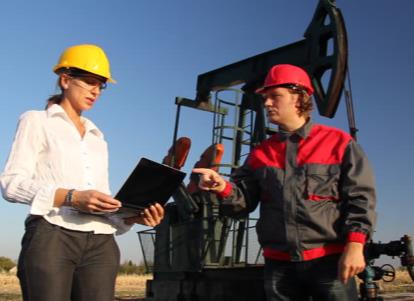
DE0409 : Field Development and Carbonate Reservoir
- Date: Jan 19 - Jan 23 / 3 Days
- Location: Doha, Qatar
- Course Details Register
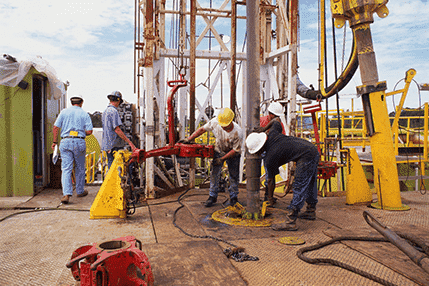
DE0500 : Screening of Oil Reservoirs for Enhanced Oil Recovery
- Date: Jan 12 - Jan 16 / 3 Days
- Location: Dubai, UAE
- Course Details Register
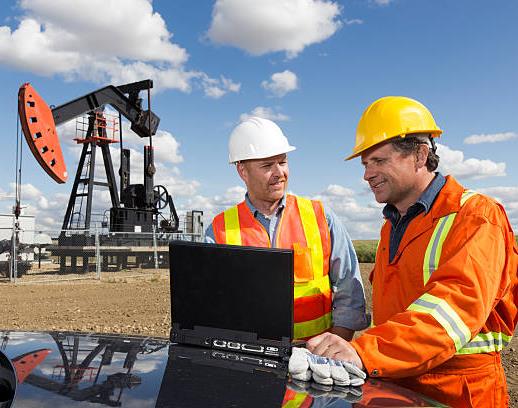
DE0920 : Artificial Lift ESP Downhole Equipment
- Date: Jan 12 - Jan 16 / 3 Days
- Location: Istanbul, Turkey
- Course Details Register
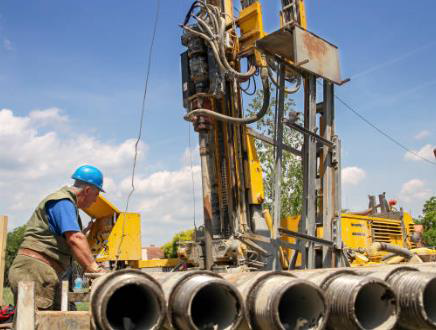
DE0766 : Advance Drilling Optimization for HPHT Wells
- Date: Feb 02 - Feb 06 / 3 Days
- Location: Doha, Qatar
- Course Details Register
